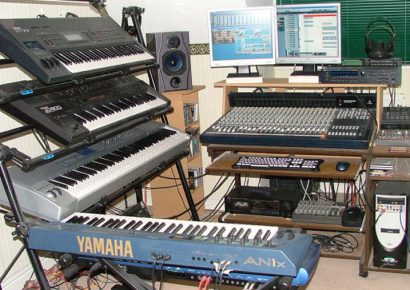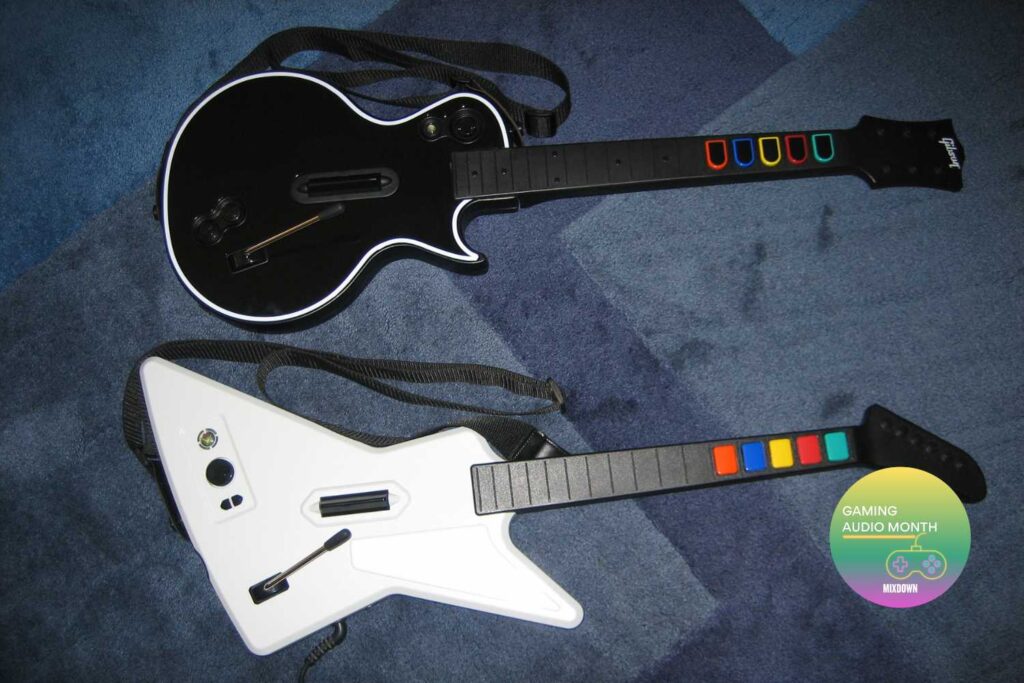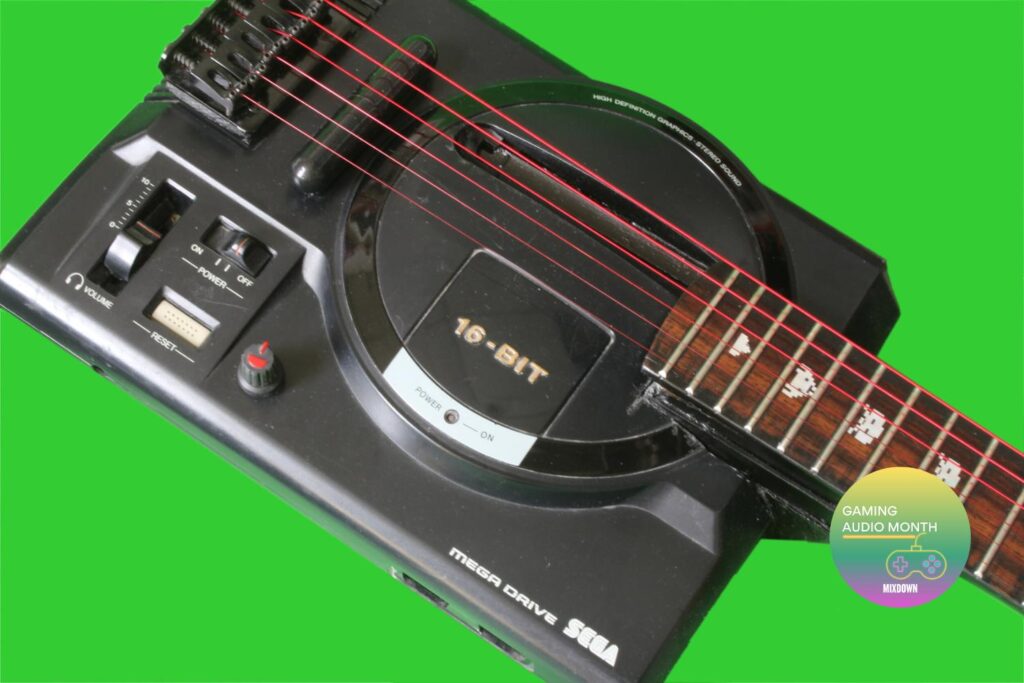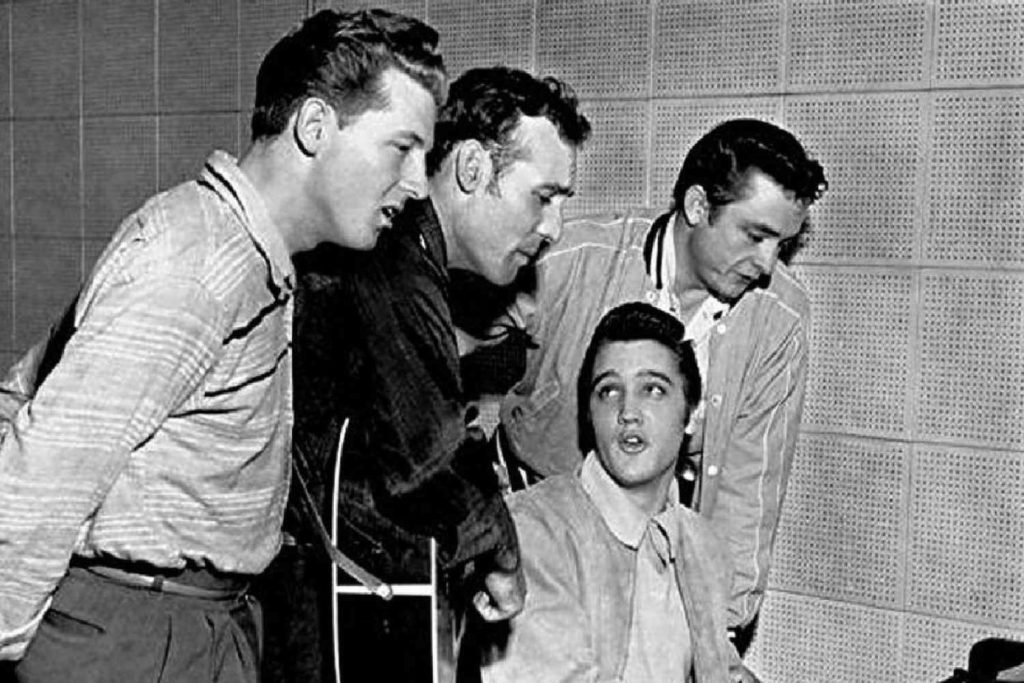David Ellefson
Megadeth’s bass overlord has an instantly recognisable style rooted in equal parts Steve Harris and Chris Squire. A few months ago I asked him where it came from. “I grew up on a farm in a very rural part of the United States, in Minnesota. The music bug came on me, it lit me up, I felt alive and like I had a purpose, so I looked for every opportunity and every person I could play with. I would play with the church acoustic guitar player. I’d play with the third-grade band teacher. I was 12 and getting asked to join bands with guys who were 16 years old and knew every Lynyrd Skynyrd song. I would play with anybody and everybody. Then there came a time when I was in my mid-teen years where I was playing in a jazz band in high school and listening to Jaco Pastorius, Weather Report, Spyro Gyra, Al DiMeola.” Then the metal bug bit via Iron Maiden, and by the time Ellefson moved to LA and met Dave Mustaine, he was ready. “We lived in Hollywood right by the Musicians Institute and we were very influenced by this school and the students that were there. There was one guy we’d jam with, this guy Ed who would come over every day after school, and he was really big into the early Scorpions stuff and it really developed how progressive Megadeth’s early music was. And we took it to a whole other level of complexity. So all those years of growing up playing all these different types of music, playing in the jazz band and stuff, all those experiences were able to be brought together and harnessed basically to a blank canvas called Megadeth where we created this sound and style.”
Jeff Hughell
Whether solo or with Six Feet Under, Jeff Hughell’s style is complex and yet effortless – and the dude plays a mean 7-string bass by Warwick with Seymour Duncan pickups. “I always had ideas for riffs and techniques that used more than 4 strings,” he says. “And back in 1997 I saw that Conklin made a 7 string bass. It seemed like the perfect amount of strings for me, not to many and not to little. I bought one in 1999 and primarily have played 7 strings ever since. I was lucky enough to start working with Warwick in 2012 and they built me a custom shop 7 string! That was so amazing because Warwick has always been my favorite and I have had a 6 string Corvette for 15 years but they didn’t make a 7 string. So when I finally got my hands on it, I knew this is what I would play forever!”
Rex Brown
It’s has to be difficult to stand onstage with a guitarist as powerful as Dimebag Darrell and dare to lay finger to fret, but Rex Brown’s playing had the confidence and authority to hold the riffage down tight while Dime soloed, or to lock in with those legendary stop-start riffs. “Dimebag would come up with crazy things,” he says. “Even with simple riffs he’d put his little Dime-isms into it which would make him unique. One thing he would do was before he would even attack it he would pre-bend the string and then he’d attack it and release it. Some of those little bends and slurs, that was very unique and it’s really hard to do on the bass because of the bigger strings. On a guitar there’s a little more traction. Little things like that, little quirky things that gave things more character. And us playing together for so long, following each other on those parts, we’d get the riff down and then go “oh hell… now we’ve got to work on the solo!” Seldom did he ever use rhythm guitars in the backing so we’d have to come up with some very cool parts that would fit the song but also have some cool things rolling back there so he could go up and do his thing.”
David Vincent
Formerly of Morbid Angel, David Vincent has the enviable skill of keeping up with hyper-speed death metal riffs while singing at the same time. Granted, his singing style is more rooted in guttural growls than melodic control, but his vocals and bass playing share the same intensity level. “I’m pretty heavy-handed,” he says “I always put my action higher than spec and I retard the intonation a little bit because I bend things out of tune a little bit so that’s the only way to counteract that. My setup is a little different. For whatever reason I’ve always been heavy-handed.” But Vincent finds that his fingers hold up just fine despite the demanding nature of his style. “I find it’s the opposite: on guitar the strings are so small that it’s different callouses you develop between bass and guitar. When I sit down with an acoustic guitar my fingers are very sore after playing for an hour or so. I guess I have to work on that.”
Lemmy
Lemmy needs no introduction. “[My bass style comes from] being a guitar player before I was a bass player, really. I like to do a lot of chords and a lot of fill-ins instead of just ‘bom-de-bom-de-bom,’ because that’s fucking boring to me. I always wanted to be able to show off like the guitar players do. I think I managed that alright!”







